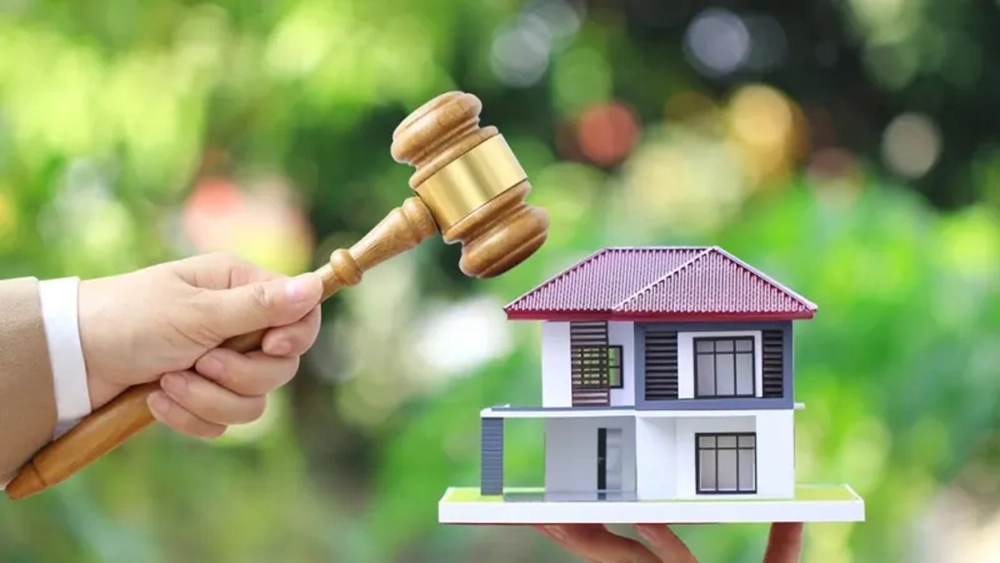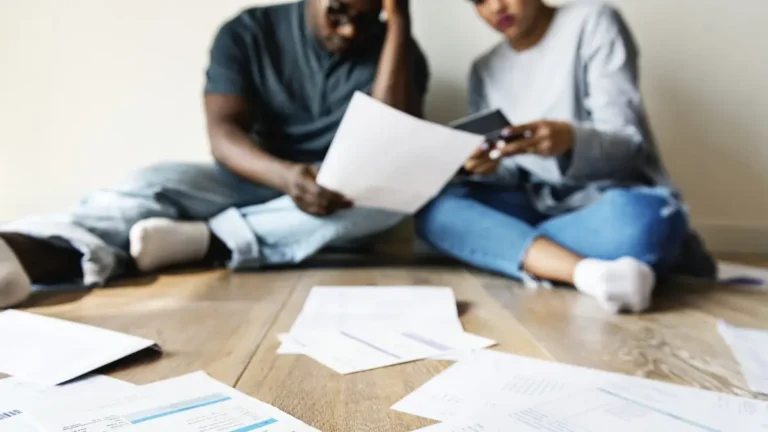Securing Your Bid: Essential Steps Before Buying Property via the Auction Process in Australia
This simple guide will walk you through the Auction process. It can be daunting for newbies or those who have not purchased often at auction.
TIP: It can be helpful to elicit a professional Buyer’s Agent to bid on your behalf if you are unsure or unclear of how to do this and if you do not trust yourself to stick to your budget.

1. Registering for Property Auctions
If you’re planning to participate in an auction, you must register with the selling agent. Here’s what you need to know:
- Provide Personal Information: Share your name, address, and proof of identity with the selling agent.
- Receive a Bidder’s Number: Upon registration, you’ll receive a bidder’s number, which grants you the right to bid during the auction. Registration doesn’t obligate you to bid.
Who Needs to Register?
- Joint Buyers: If you’re purchasing a property with someone else, only one of you needs to register.
- Bidding on Behalf of Others: If you’re bidding on behalf of another person or a company, you must present a letter of authority from them, granting you permission to bid. Include the person’s name, address, and proof of identity details if applicable.
2. Proof of Identity
To complete your registration, you’ll need to provide proof of identity. Acceptable documents include:
- Driver’s license or learner’s permit
- Vehicle registration document
- Council rates notice
- Passport
- Medicare card
- ATM/Eftpos card
- Credit card or store card
- Birth certificate
- Citizenship papers
If you don’t possess a single proof of identity document, you can combine two documents that collectively show your name and address. One document should be issued by a government or financial institution and display your name, while the other should confirm your address, such as a utility bill or rental agreement.
3. Timing of Registration
You can register with the selling agent at any time before the auction. It’s advisable to pre-register, but you’ll still need to present your proof of identity on the auction day to receive your bidder’s number.
4. What Happens During Registration?
During registration, the selling agent will record your details, including your name, address, and proof of identity, in the Bidders Record. If you’re bidding on behalf of others or a company, their information will also be recorded. Your bidder’s number, essential for bidding, will be provided.
5. Arriving Late to the Auction
If you arrive late to the auction and intend to bid, you must quickly find the agent to register or show your proof of identity if you’ve pre-registered. If you need to make a bid immediately, signal the auctioneer, and after registration, your bids will be accepted.
6. Your Privacy
Rest assured, the Bidders Record is confidential and can only be accessed by authorised personnel from NSW Fair Trading. The agent must securely store it and cannot use it for any other purpose.
7. Auction Conditions
Auctions in Australia follow specific legal conditions:
- The highest bidder usually becomes the purchaser, subject to any reserve price.
- The auctioneer can make one bid on behalf of the seller.
- The auctioneer must announce their right to make a vendor bid before the auction.
- The auctioneer must announce any vendor bid immediately before or during the bidding process.
- The auctioneer can refuse bids that are not in the seller’s interest.
- Late bids, those after the hammer falls, are not accepted.
- In case of a disputed bid, the auctioneer has the final say.
- The successful buyer’s name must be provided promptly.
8. Successful Bids
If you win the bid, you’ll need to sign the sale contract and pay a deposit, typically 10% of the purchase price, immediately. Auction purchases do not come with a cooling-off period.
9. Dummy Bidding and Collusion
Making dummy bids or colluding with others to interfere with the auction process is illegal and can lead to significant fines for all involved parties.
By following these essential steps and understanding the auction process in Australia, you can navigate the property market confidently and secure the property that suits your needs.







